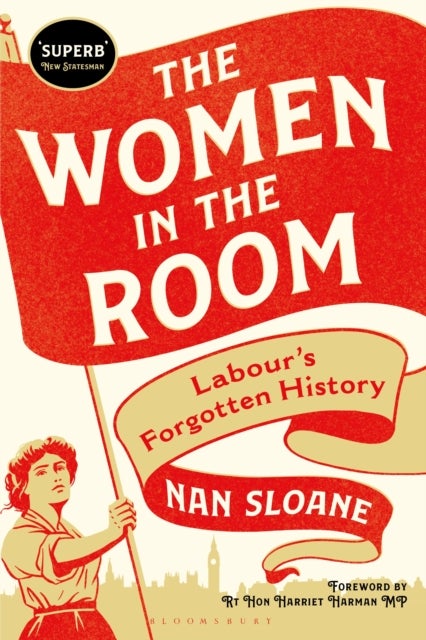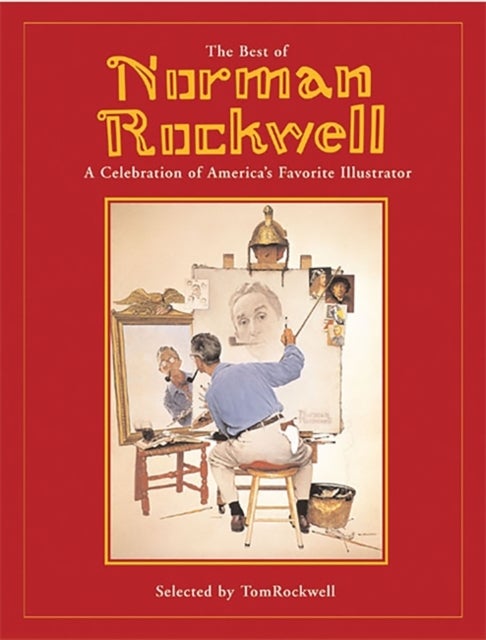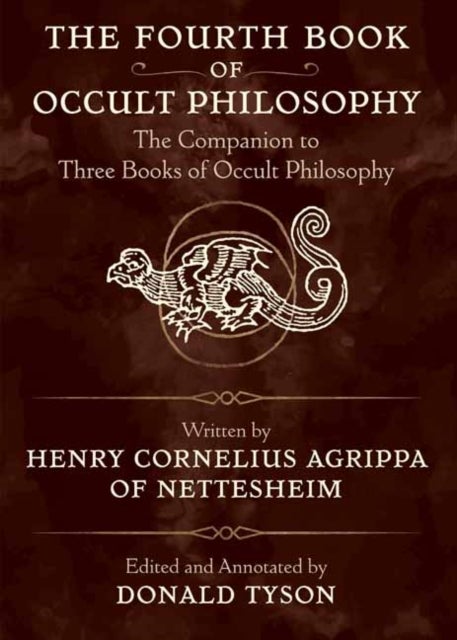
The Women in the Room av Nan Sloane
229,-
In February 1900 a group of men representing trade unionists, socialists, Fabians and Marxists gathered in London to make another attempt at establishing an organisation capable of getting working-class men elected to Parliament. The body they set up was the Labour Representation Committee; six years later when 29 of its candidates were elected to the House of Commons, it changed its name to the Labour Party. No women took part in that first meeting, but several watched from the public gallery. Amongst them was Isabella Ford, an active socialist and trade unionist who would have been familiar to most of the men assembled below. She had been asked by her friend, Millicent Fawcett, to attend and report back on what happened. A few years later she would become the first woman to speak at a Labour Party conference, moving a resolution on votes for women but, at the Party¿s inception in 1900, she and every other woman in the hall was silent. Throughout Labour¿s history, even in its earliest








